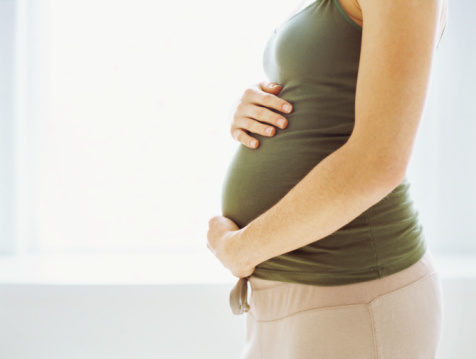Denver, CO and Boston, MA—Most pregnant women aren’t getting enough vitamin D, even those that take prenatal supplements, according to a study carried out by researchers from the University of Colorado Denver School of Medicine and Harvard Medical School.
The scientists conducted analysis on data collected during the 2001–2006 National Health and Nutrition Examination Survey, which included 928 pregnant and 5,173 non-pregnant women. Overall, pregnant women averaged having 65 nmol/L of vitamin D in their systems, and nonpregnant women had 59 nmol/L; the optimal level is at least 75 nmol/L. Nearly 70% of pregnant women had less than this amount in their blood, particularly those in the first trimester (who averaged 55 nmol/L). This is significant because 61% of the pregnant women were taking dietary supplements. Women in the third trimester faired between, with an average of 80 nmol/L.
The authors make a strong statement in the study, which was published in the American Journal of Obstetrics and Gynecology: “Current prenatal multivitamins (400 IU vitamin D) helped to raise serum 25(OH)D levels, but higher doses and longer duration may be required.” They also suggest that women thinking of becoming pregnant should take vitamin D supplements several months before trying to conceive.
Vitamin D is crucial for maternal and child health because it helps the body metabolize calcium, which is key for a healthy skeletal system. According to a comment from three physicians published in the same issue, not getting enough vitamin D during pregnancy can result in preeclampsia, low birthweight, increased incidence of autoimmune diseases and other health problems.
They also state that studies are currently being conducted to determine the recommended daily doses of vitamin D in pregnant women.
Published in WholeFoods Magazine, July 2010 (published ahead of print on May 27, 2010)










